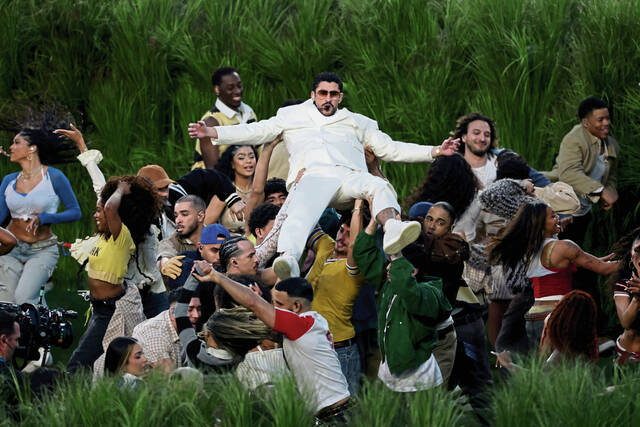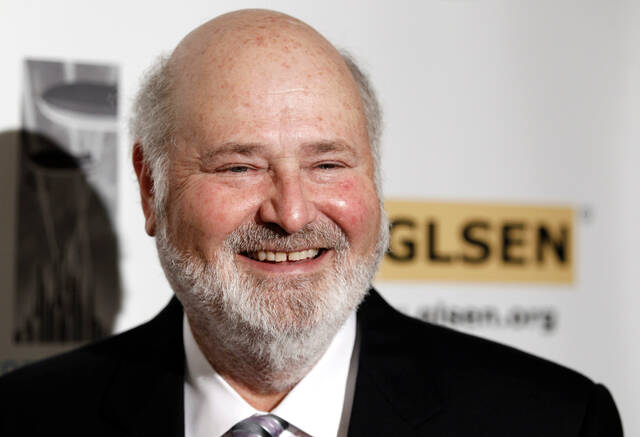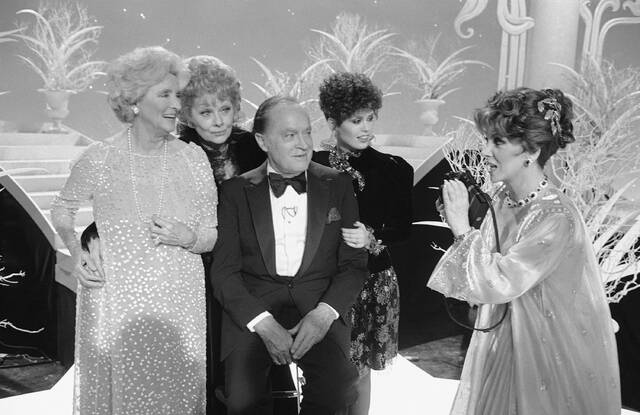Once again we embrace that annual cultural ritual known as Valentine’s Day. In fact, you’ve had plenty of warning, dating back to, oh, shortly after Christmas, when Santa displays at stores were replaced with heart-shaped candy boxes.
Of course, it’s not just stores. Obnoxious TV ads tantalize guys with images of scantily clad girls, urging us to show our “love” by purchasing her some skimpy “pajamas” (which aren’t really pajamas and aren’t really for the girl). Guys dash online or to supermarkets after work to plunk down cash or plastic for flowers or other last-minute forced tokens of affection. Restaurants offer overpriced dinner packages.
It’s all about love, you see.
But to borrow from one pop song, “What’s love got to do with it?” Better, how do you define love?
Among its definitions, Merriam-Webster defines love as “a strong feeling of affection … accompanied by sexual attraction.”
That’s definitely how much of the dominant culture sees it.
Father Richard Veras of St. Joseph’s Seminary in New York invokes another pop song, one of my favorites, from way back in 1960: “Will you still love me tomorrow?”
Written by Carole King and sung beautifully by the Shirelles, it’s a sad piece.
“False love uses the other as a means to its own gain,” writes Veras. “This ‘love’ is all too apparent in our times, in superficial romance, or hedonism, or even in advertisers who feign concern for our good in order to take our money.” As Veras says, “True love does not seek its own gain but the good of the beloved.”
As a priest, Veras points to Jesus Christ’s love as the ultimate love — one of complete sacrifice, of giving one’s life for the other.
Now, I’m not going that deep here. This piece is about Valentine’s Day (though I hasten to add it was once known as Saint Valentine’s Day). A key point of Veras, however, is the culture’s abuse of the word “love.” Often, “love” is used interchangeably with sex. The phrase “making love” has long been used to mean “having sex” with someone. That’s an outrageous abuse. Would anyone call a drunken “hook-up” or one-night stand or wild night in Vegas “love”?
To borrow from Tina Turner, what’s “love” got to do with that?
The heart-wrenching song by the Shirelles reflects this. The girl fears that the boy “making love” to her will not be around tomorrow. Look at the words:
Tonight you’re mine completely.
You give your love so sweetly.
Tonight the light of love is in your eyes.
Will you still love me tomorrow?
Is this a lasting treasure?
Or just a moments pleasure?
Can I believe the magic of your sighs?
Will you still love me tomorrow?
Tonight with words unspoken,
You said that I’m the only one.
But will my heart be broken
when the night meets the morning star?
The girl pleads: “So tell me now, ‘cause I won’t ask again, Will you still love me tomorrow?”
Sadly, she (and we) pretty much know the answer. It isn’t the one she’s longing for. And that’s a self-centered culture in a nutshell. That’s a disordered definition of love.
Real love is love that still loves tomorrow and isn’t only about yourself. It would be nice if Valentine’s Day communicated that message.








